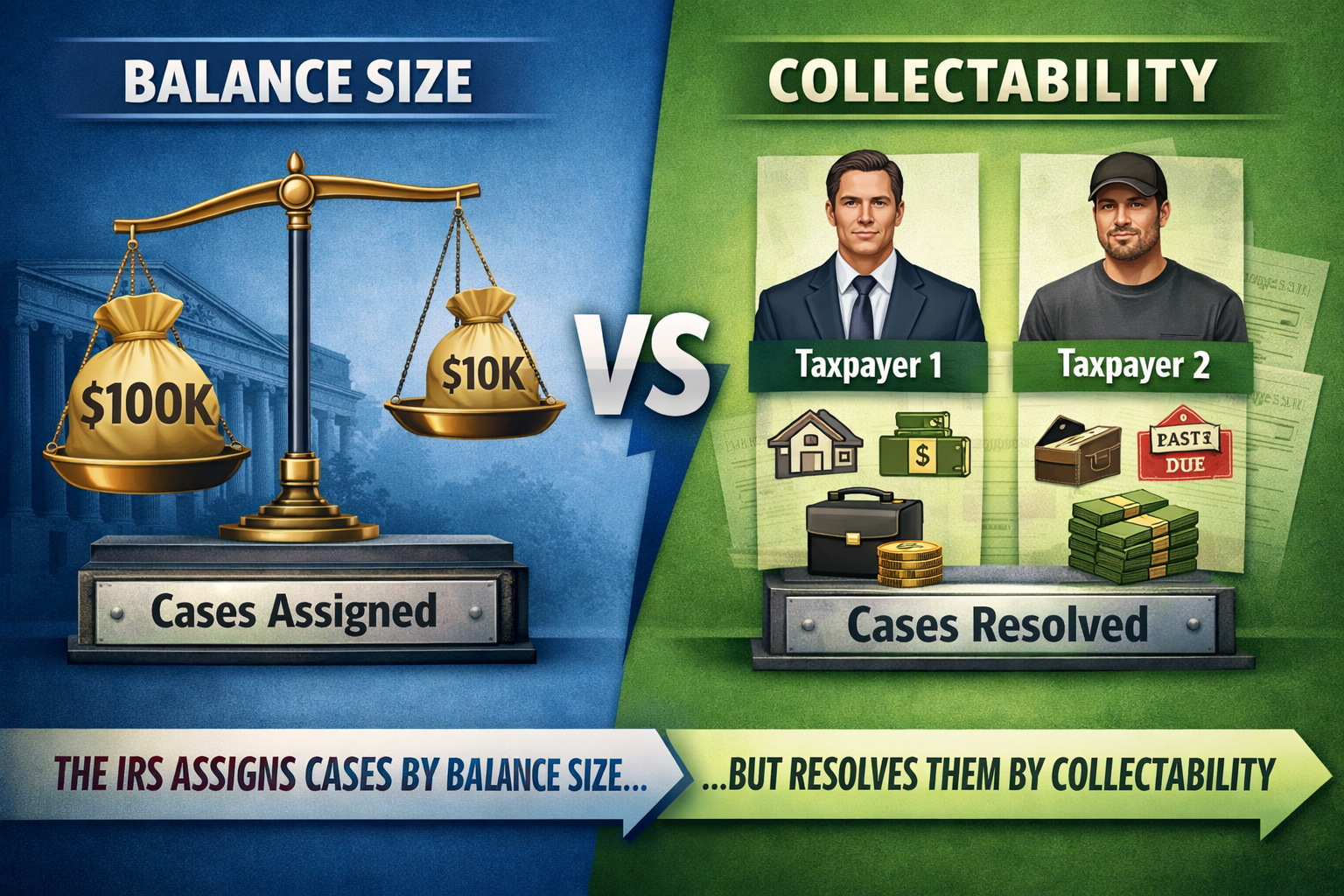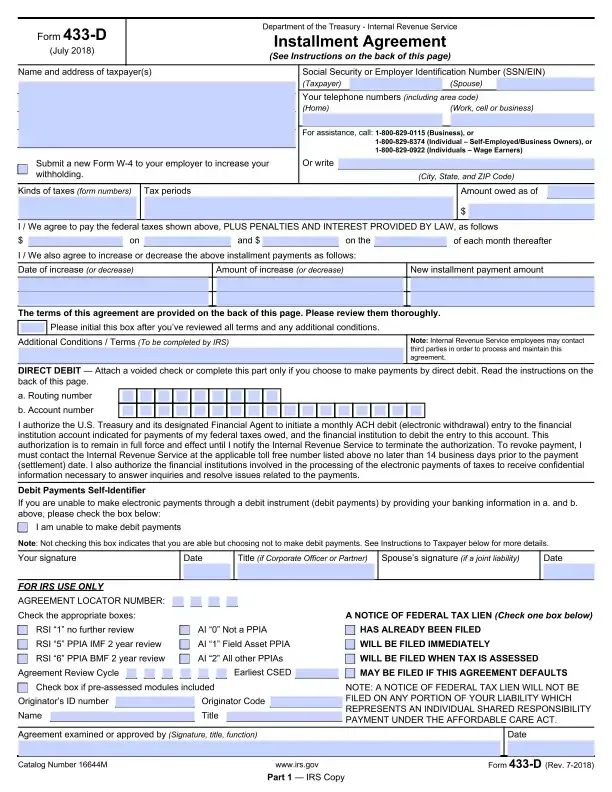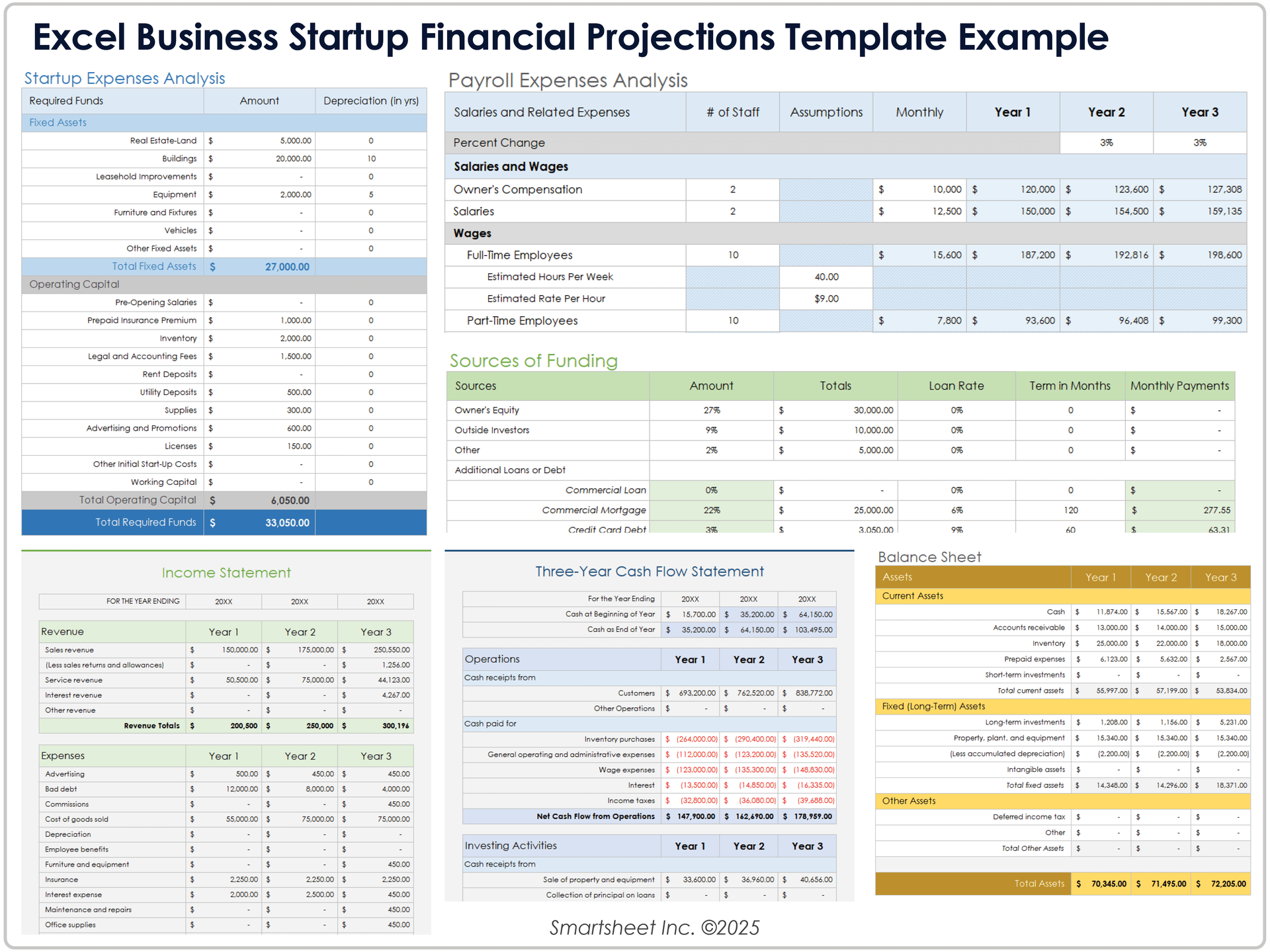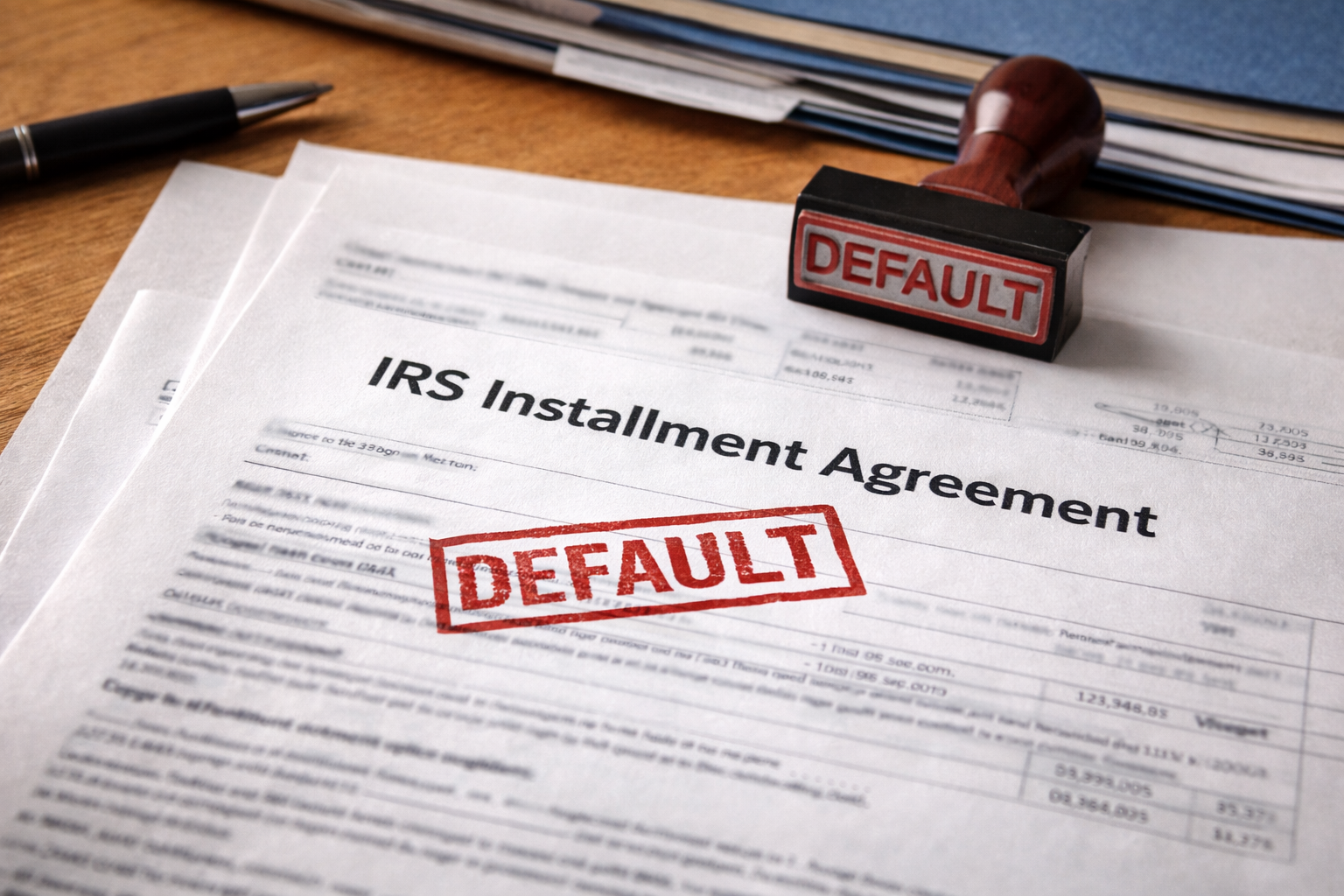How to Settle IRS Debt with an Offer-in-Compromise (OIC)
Owe the IRS more than you can afford? An Offer in Compromise (OIC) might let you settle for less than the full amount. Sounds great, right? Well, the IRS doesn’t make it easy. Most OICs get rejected because people don’t understand the process or submit unrealistic offers. Here’s how to do it right and boost your approval chances.
What Is an Offer in Compromise?
An OIC is a deal with the IRS where they agree to take less than what you owe. But they’ll only accept it if they believe they won’t be able to collect your full debt.
To qualify, you need to prove one of these:
✔ Doubt as to Collectibility – You can’t afford to pay the full amount before the debt expires.
✔ Doubt as to Liability – You believe the IRS made a mistake and don’t owe the tax.
✔ Effective Tax Administration – You technically could pay, but it would cause severe financial hardship.
Want to see if you qualify? Check out the IRS Offer in Compromise Guide.
How to Submit an Offer in Compromise
1. Make Sure You’re Eligible
Before applying, make sure:
✅ You’ve filed all required tax returns.
✅ You’re current on estimated tax payments (if required).
✅ You’re NOT in bankruptcy.
✅ If you own a business, you’ve made all required payroll tax deposits.
➡ Use the IRS OIC Pre-Qualifier Tool to check if you’re a good candidate.
2. Figure Out Your Offer Amount
The IRS expects a reasonable offer, meaning they look at:
💰 Your income and expenses (monthly disposable income times 12 or 24 months).
🏡 Your assets (home equity, bank accounts, etc.).
Lowballing them? They’ll reject your offer fast.
3. Fill Out the Forms & Pay the Fees
You'll need to submit:
📄 Form 656 – The actual Offer-in-Compromise form.
📄 Form 433-A (OIC) – A detailed look at your financials.
💰 $205 application fee (unless you qualify for a low-income waiver).
💰 First payment (either lump sum or first of 24 monthly payments).
4. Wait (and Be Patient)
- The IRS usually takes 6–12 months to decide. While they’re reviewing your case:
- They pause most collection efforts (but can still file a tax lien).
- If they accept your offer, you must stay tax-compliant for five years, or they’ll reinstate the full debt.
- If they reject it, you’ve got 30 days to appeal using Form 13711.
Should You DIY or Hire a Pro?
You can file an OIC independently, but most taxpayers mess up the paperwork or offer too little, leading to rejection. A tax pro can help:
✔ Make sure your financials are correct.
✔ Structure an offer the IRS will consider.
✔ Negotiate the best possible deal for you.
At TaxRepGainesville.com, I help people reduce their IRS tax debt and navigate the OIC process. If you're thinking about submitting an offer, contact me today at (352) 317-5692
and let's see if you qualify.









